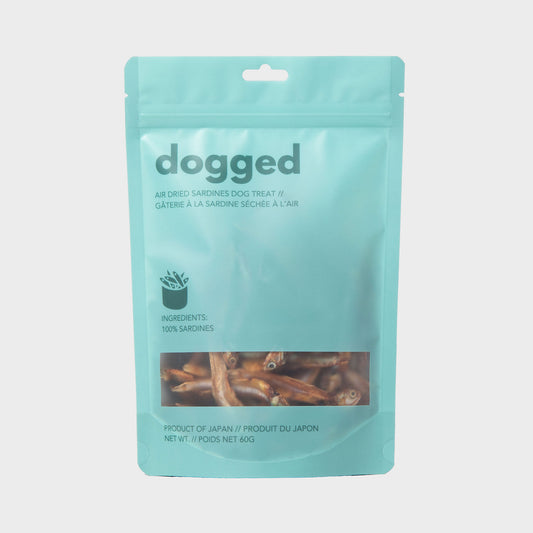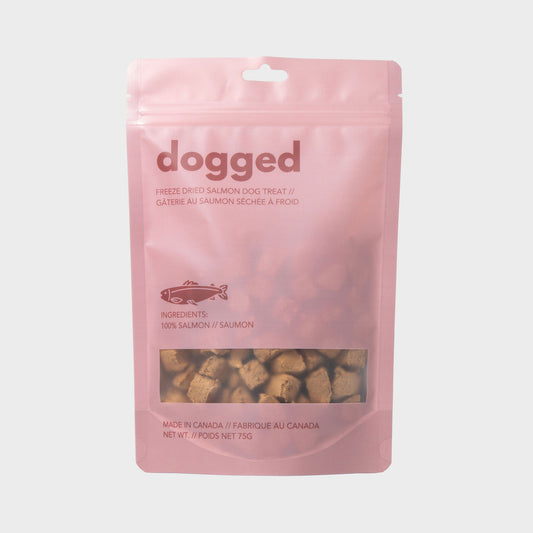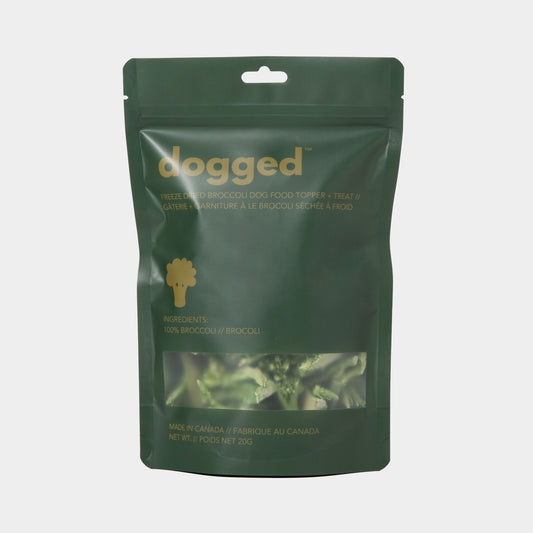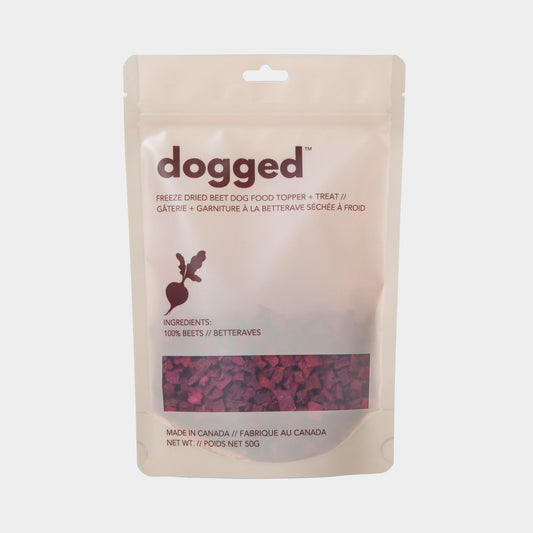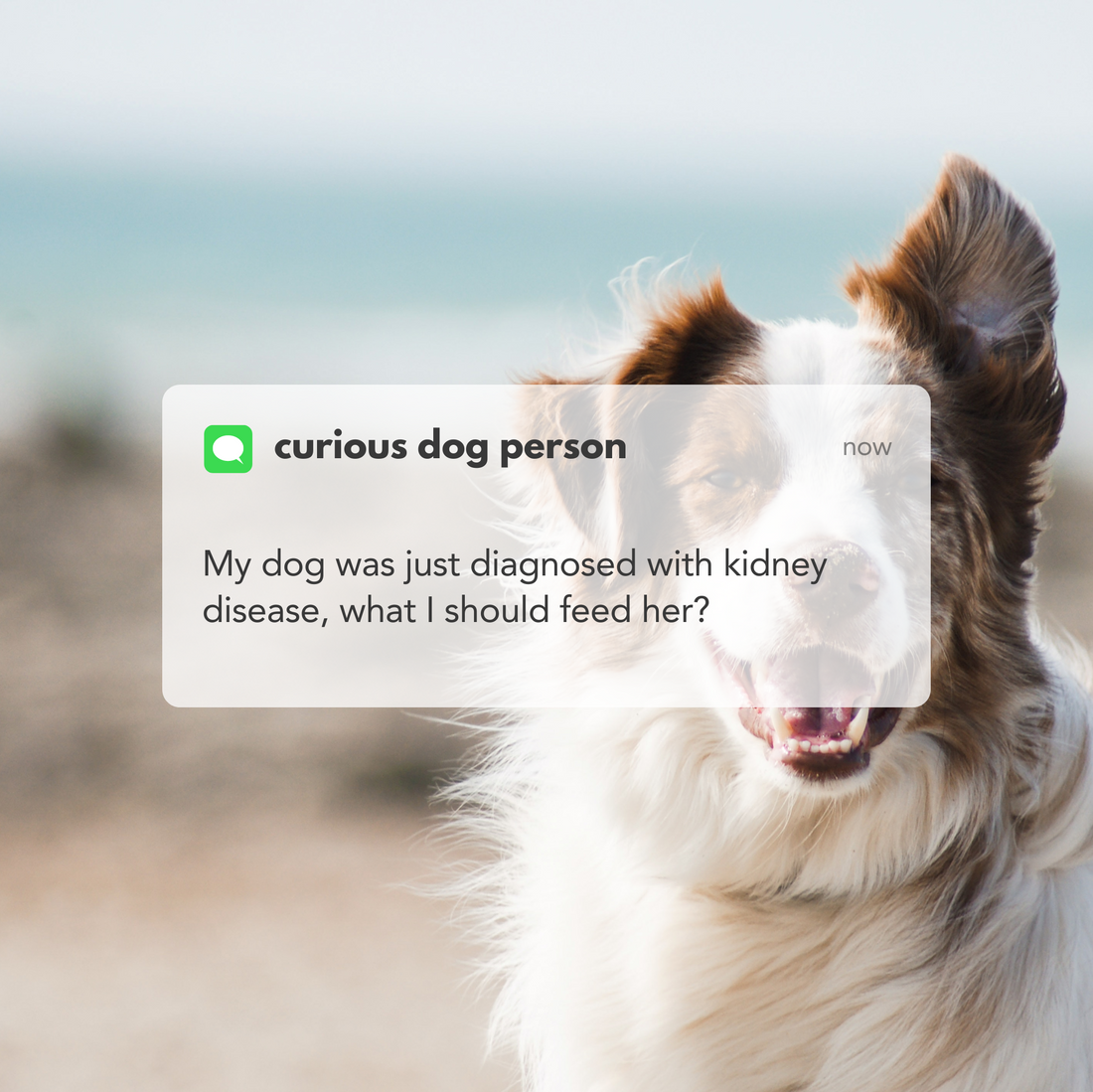
Canine Diet for Kidney Disease
As devoted dog owners, the well-being of our four-legged friends is our top priority. When our canine companions are diagnosed with kidney disease, it can be a challenging and emotional experience. However, one of the most impactful ways to support dogs with kidney issues is through a carefully tailored diet. In this blog post, we will explore the key considerations for crafting a canine diet that supports kidney health and helps your furry friend lead a fulfilling life.
What do the Kidneys Do?

The kidneys play a vital role in filtering waste and maintaining a balanced internal environment. These bean-shaped organs are responsible for removing excess water, minerals, and waste products from the blood, which are then excreted as urine. When minerals are not regulated appropriately, we see veterinarians often recommend low protein diets. The protein dilemma is a bit controversial and I will get into a bit below.
Additionally, kidneys play a crucial role in regulating blood pressure, electrolyte balance, and the production of red blood cells. When kidney function is compromised, waste products and toxins can accumulate in the body, leading to a range of health issues but often show up in the form of nausea, loss of appetite, and vomiting.
The Protein Dilemma: What does the Research say?

You will often see vets recommend a low protein diets, the reason for this is for low phosphorus levels but lets look at some of the research. Is the research old? Yes. This research is from 1985 but I will say it’s really interesting. Robetson et al. looked at the kidney responses to high dietary protein in dogs with 75% nephrectomy (this is the surgical removal of the kidney). The study albeit was small, there was only 21 beagles in the study however they were monitored for 4 years.
There were 3 groups of dogs who were all fed different diets over the four years post-operation.
- Diet A: high protein low carb diet (56% protein)
- Diet B: 27% dry food, predominantly cereal (19% protein)
- Diet C: canned speciality low protein diet for dogs with renal disease

What they found over the four years, there was noted:
“Dogs fed the highest protein level in that study (56%) had higher renal function measurements compared to dogs fed reduced protein. There was no evidence of deterioration of renal function in dogs fed the high level of dietary protein.”
So this somewhat says to us maybe a high protein diet isn’t necessarily a bad thing. Having low insufficient protein in a dog’s diet and can affect maintaining muscle mass as well as many other age-related health problems.
Key Dietary Considerations
Low Phosphorus Content: One of the primary goals in crafting a diet for dogs with kidney disease is to reduce phosphorus intake. High levels of phosphorus can contribute to further kidney damage. Opt for commercial dog foods that have low phosphorus content.
Protein: While historically, low-protein diets were recommended for dogs with kidney disease, current research suggests that moderate protein intake is beneficial. High-quality, easily digestible proteins, such as those from eggs or lean meats, can be included while monitoring phosphorus levels.
Limited Sodium Intake: Sodium can contribute to high blood pressure and fluid retention, placing additional strain on compromised kidneys. Choose dog foods with lower sodium content and avoid adding extra salt to your dog's meals. With this being said, having sodium in your dog’s diet helps with water retention and is important o ahve
Omega-3 Fatty Acids: Incorporating omega-3 fatty acids, found in fish oil, can have anti-inflammatory effects and support overall kidney health. Consult with your veterinarian to determine the appropriate dosage for your dog.
Hydration is Key: Adequate water intake is crucial for dogs with kidney disease. Encourage your dog to drink more water by adding low-sodium broth to their meals or placing additional water bowls around the house.
What should I feed? Any ingredients I should include?
If my dog were diagnosed with kidney disease, I would continue to feed a fresh, high protein diet. Contrary to the conventional belief of restricting protein in renal diets, protein is still such an important part of your dog’s overall health. I would opt for a fresh or raw diet carefully tailored to suit their individual needs, emphasizing easily digestible, lean, low phosphorus protein sources.
Additionally, I would consider incorporating herbs known for their potential detoxification properties, such as dandelion. While scientific evidence on the efficacy of dandelion for kidney health is limited, its historical use in herbal medicine suggests a potential role in supporting overall well-being. However, I would approach such dietary decisions with caution, consulting a veterinarian to ensure that the chosen diet aligns with my dog's specific condition and health requirements.
I would be incorporating kidney organs in my dog’s food. Kidneys have the correct nutrient make up to support the kidney. Kidneys would most certainly be in my pup’s diet.

Hydration is Critical
Feeding a fresh or raw diet is huge in terms of a dog getting much more moisture in their diet. With that being said, you still need to ensure that you dog has access to clean, filtered water at all times. If you dog’s energy levels appear to drop or if their stool beings quite dry and hard. These may be symptoms of dehydration and you need to get fluids in them immediately.
Homemade vs. Commercial Diets
While commercial renal diets are formulated to meet the specific needs of dogs with kidney disease, some pet owners may prefer preparing homemade meals. If opting for homemade diets, work closely with your veterinarian or a canine nutritionist to ensure the nutritional balance of the meals. Trevor @ dogged can certainly help with this. Check out dogged's nutritional services.
Consulting with Your Veterinarian
Every dog is unique, and the severity of kidney disease varies. It's essential to work closely with your veterinarian to create a customized dietary plan for your furry friend. Regular check-ups and monitoring of kidney function are crucial to adjusting the diet as needed.
Conclusion
Navigating canine kidney disease can be challenging, but a carefully crafted diet plays a pivotal role in managing the condition and enhancing the quality of life for your beloved pet. By prioritizing low phosphorus content, moderate protein, and other key considerations, you can provide your dog with the nutritional support needed to thrive despite kidney challenges. Always consult with your veterinarian to ensure the best possible care for your canine companion.
Here's to happy and healthy tails!
Reference:
John L Robertson et al. Long-term renal responses to high dietary protein in dogs with 75% nephrectomy, School of Veterinary Medicine and School of Medicine, University of Pennsylvania, Philadelphia, Pennsylvania, and Baltimore City Hospitals, Baltimore, Maryland, USA, Revised 23 May 1985.

